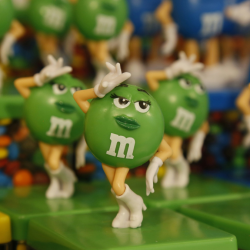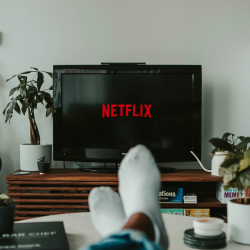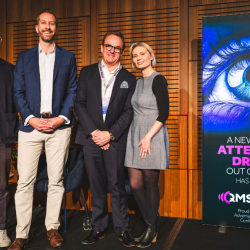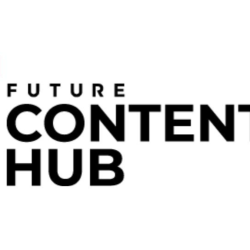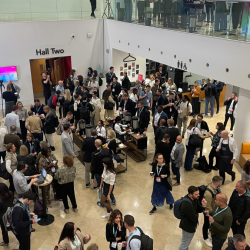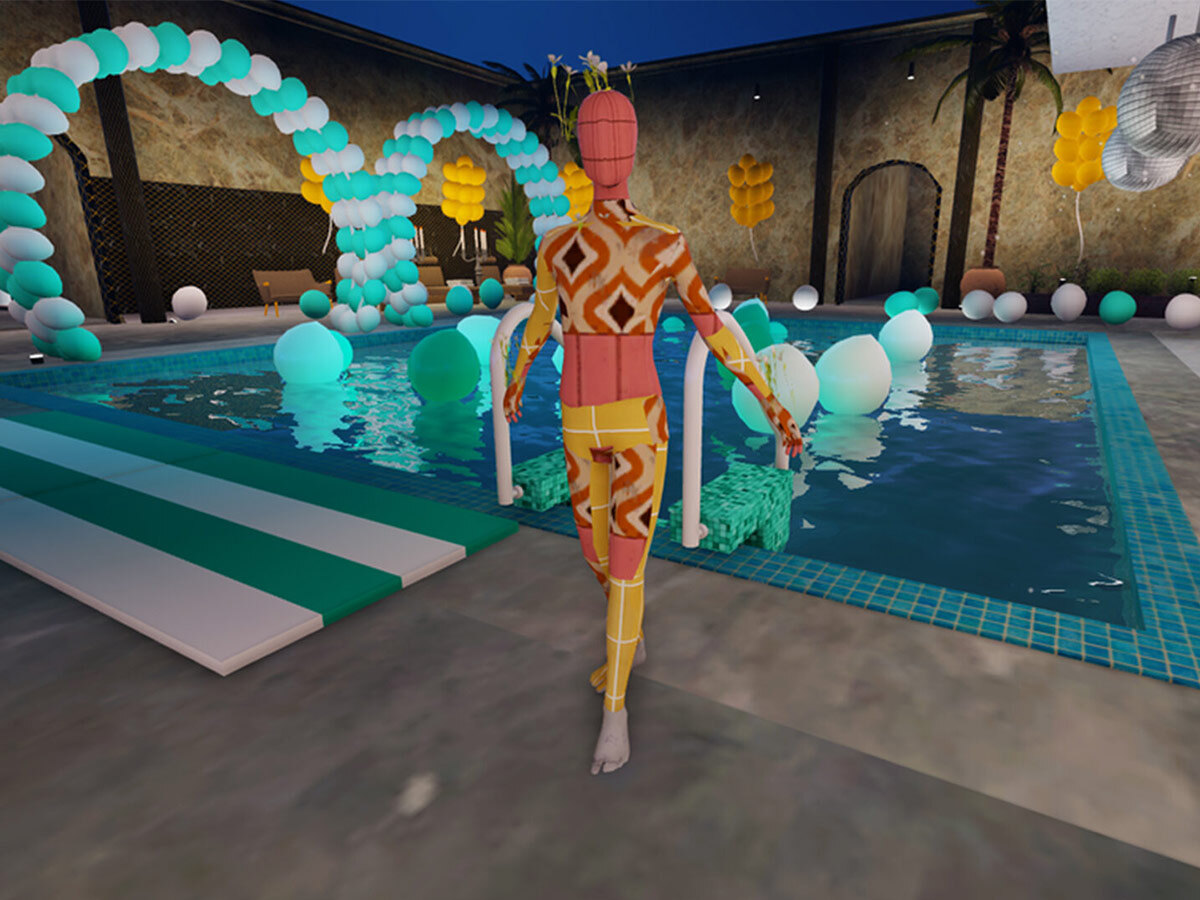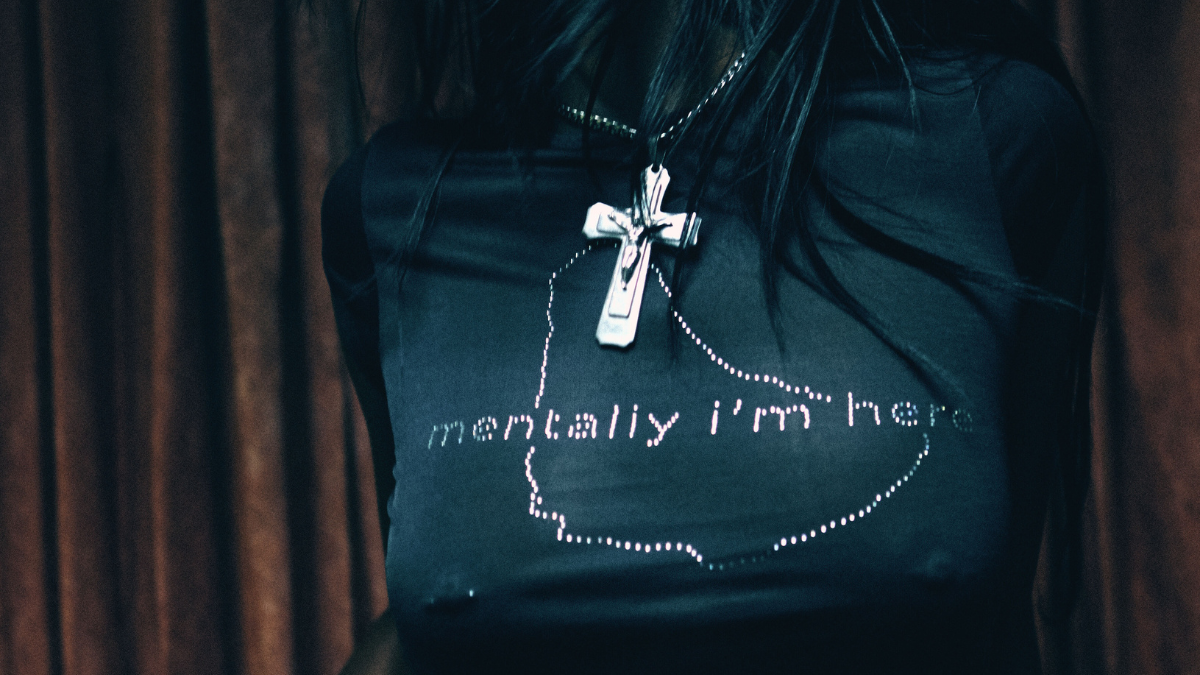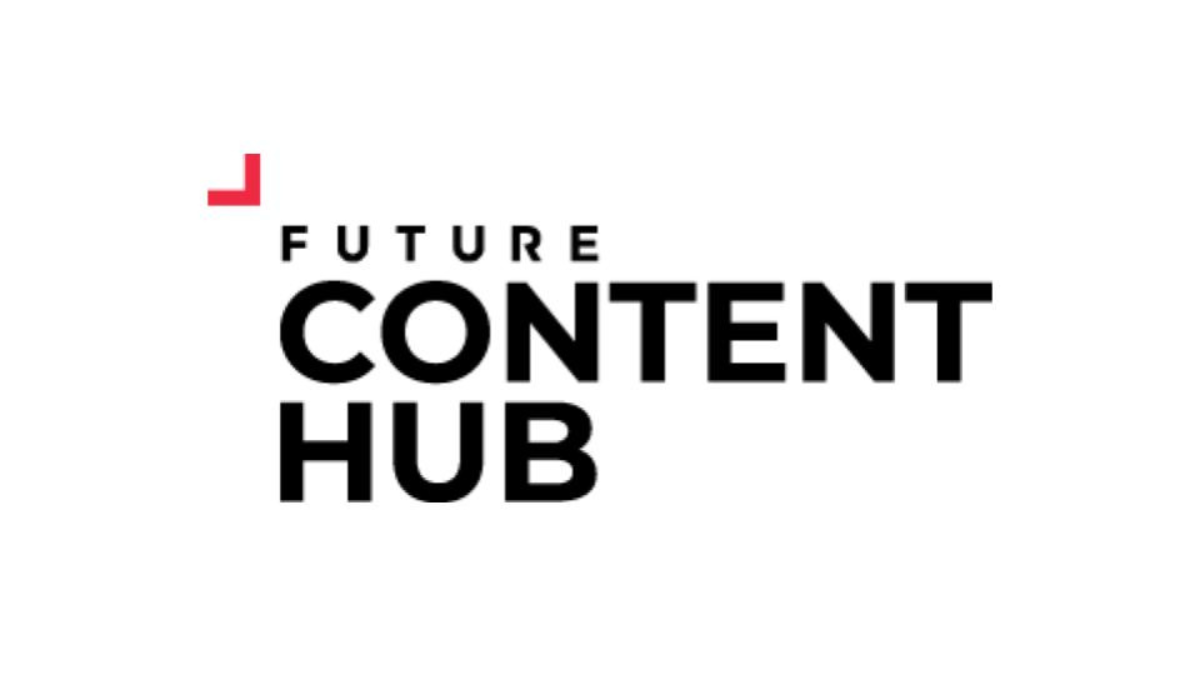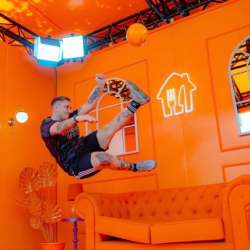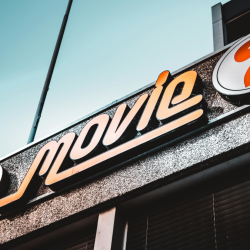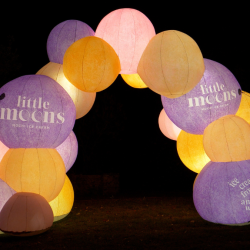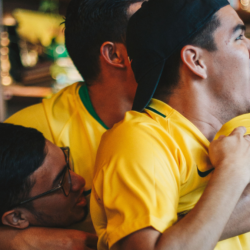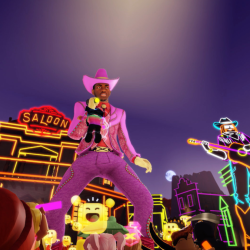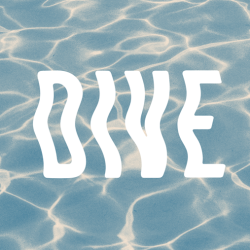The events and experiential industries have no doubt undergone a continued period of change through 2021. From delivering virtual events during lockdown at the beginning of the year to the return of large-scale festivals in the summer and increased emphasis on sustainability, this year has had both challenges and moments of learning.
It’s now time to look ahead and consider how we can take what we’ve learned and continue to propel our craft and the wider world forward.
Looking to tech, to keep attendees safe
The presence of the new Omicron COVID-19 variant is a stark reminder that the pandemic definitely isn’t over — and the health and safety of people attending events still remains paramount.
In 2022 we’ll see the industry increase its reliance on tech to minimise this risk: this includes facial recognition technology to reduce human contact, wearable social distancing and contact tracing systems to alert attendees if they come into contact with a COVID-19 positive person, and cashless payments becoming the standard.
Increased collaboration around the development of an industry-wide COVID-19 health and safety policy will be key here too. These policies will form part of every event as standard, in much the same way we include all of our other insurances.
Sustainability: no longer a ‘nice to have’
Requests for information about our sustainability credentials increased dramatically in 2021, and countless studies reveal its growing importance to consumers. Deloitte has found that nearly one in three Brits claimed to have stopped purchasing certain brands or products due to ethical and sustainable concerns.
In the new year and beyond we’ll see all event and experiential agencies evolve their messaging and practices in the face of these changes — or get left behind. Sustainability will be included as a line item in budgets, and account for costs such as tools that measure carbon emissions, and sustainability strategy development that’s tailored to each individual experience.
Immersing audiences in new ways will be a must
Personalisation remains a big part of our world, and we’ll see artificial intelligence (AI) increasingly used to create curated experiences for audiences. NFTs and the metaverse were two of the industry’s biggest buzzwords of 2021. Weaving them into events will become more widespread moving forward — as they present a powerful way to drive engagement and connect audiences, based on their shared passions.
By using NFTs we can do things like transform the humble event ticket into a piece of memorabilia, and create sustainable swag alternatives, like the organisers of NEARCON recently did.
Gamification will continue to remain prevalent, with the immersive worlds Gucci (below) and Vans (above) created in Roblox, both serving as examples of how the platform can be used to create connections and drive brand affinity.

(Branded) content will be king
Video content is continuing to grow in popularity among marketers, as it delivers strong ROI. 84% of people say they’ve been convinced to buy a product or service by watching a brand video. With the industry increasingly relying on video as we went virtual, people now expect high quality content (and more of it) to be incorporated into their experiences, regardless of format.
Content will need to leverage the latest in motion graphics and animation, and be used across all stages of an event lifecycle. This includes bite-sized social media to drive awareness pre-event, vibrant opening films to build excitement, and full 360° experiences that showcase the functionalities of a product or service in a way that we cannot see alone with the human eye.
The Forest, Agriculture and Commodity Trade (FACT) Dialogue is a new initiative from the UK government — and opted for a content-focused approach at various events throughout the year. By looking to translate vitally important yet complex messages into digestible information at the pre, during and post-event stages of the event, the government opened things up to a broader audience, and generated greater awareness for their cause.
The possibilities are endless in 2022. However it’s our role as event marketers to not only deliver compelling experiences, but also experiences which give back and do good wherever they can.
Featured image: Gucci Garden / Roblox
